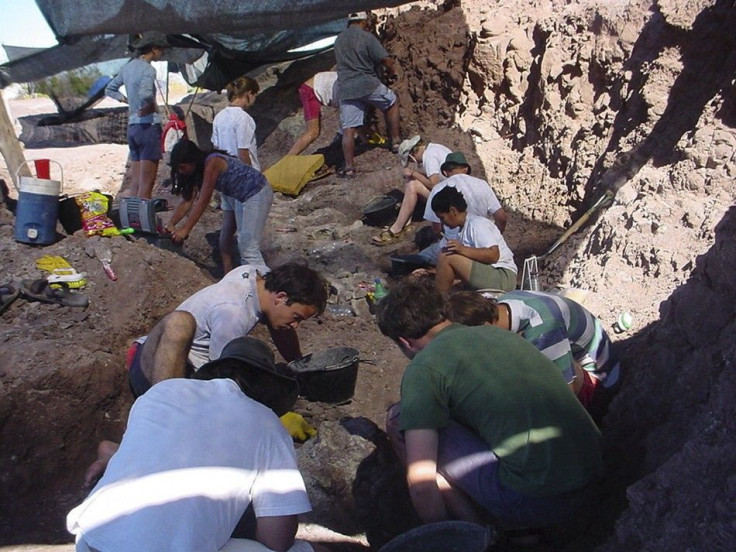Number of Species on Earth is 8.7 Million, Scientists Say

Scientists have made the most precise calculation yet of the number of species on Earth, determining the total to be 8.7 million.
Previously estimated by mere educated guesses at a wide margin between three and 100 million, scientists calculated 8.7 million (plus or minus 1.3 million), a number they call the most precise calculation ever offered analyzing taxonomies and applying the patterns throughout genera and the rest of the classification hierarchy. The study was published on Tuesday in the journal PLoS Biology.
The question of how many species exist has intrigued scientists for centuries and the answer, coupled with research by others into species' distribution and abundance, is particularly important now because a host of human activities and influences are accelerating the rate of extinctions, said lead author Camilo Mora of the University of Hawaii.
The majority of the 8.7 million are comprised of animals, estimated at about 7.7 million, leaving the last million to account for plants, fungi and protozoa, according to BBC.
The number of species on Earth prompts a basic question that has been enigmatic for scientists over the years.
If we didn't know - even by an order of magnitude (1m? 10m? 100m?) - the number of people in a nation, how would we plan for the future? co-author Boris Worm of Dalhousie University said to BBC.
Currently only about 1.2 million species have been officially registered, with about 700,000 informally registered and not present in central databases. Approximately 86 percent of land species and 91 percent of creatures in the ocean have yet to be discovered, Mora said.
However, it has proved difficult for scientists to reach this final, accurate number because obtaining a random sample of the world's biodiversity has been limited, as species vanish at astounding rates, and estimates have been considered controversial, according to the authors of the study.
Many species may vanish before we even know of their existence, of their unique niche and function in ecosystems, and of their potential contribution to improved human well-being, Mora said.
According to TG Daily, it could take more than 1,200 years to discover the remaining species at the current rate of discovery, utilizing 300,00 taxonomists and costing about $364 billion.
Census Results for the Five Kingdoms of Eukaryotes. These numbers are approximate:
- Animals: 7.77 million species (of which 953,434 have been described and cataloged)
- Plants: 298,000 species (of which 215,644 have been described and cataloged)
- Fungi: 611,000 species (of which 43,271 have been described and cataloged)
- Protozoa: 36,400 species (single-cell organisms with animal-like behavior, such as movement, of which 8,118 have been described and cataloged)
- Chromists: 27,500 species (including, brown algae, diatoms, water molds, of which 13,033 have been described and cataloged)
© Copyright IBTimes 2025. All rights reserved.






















